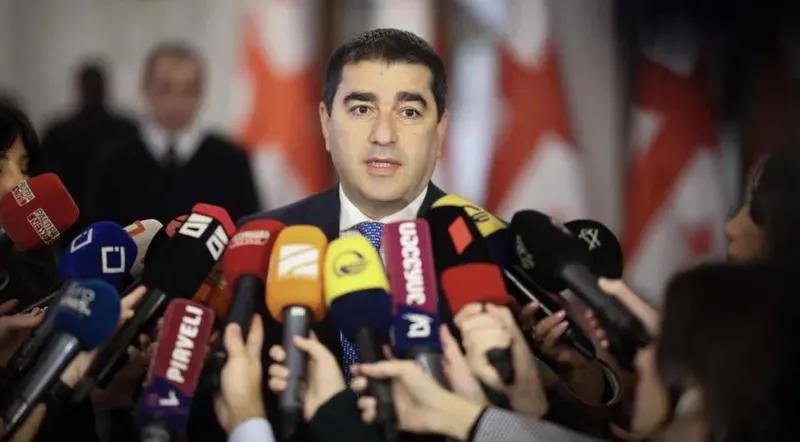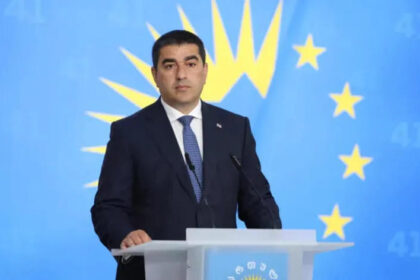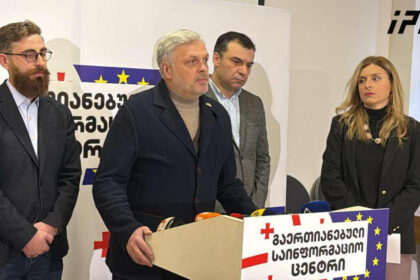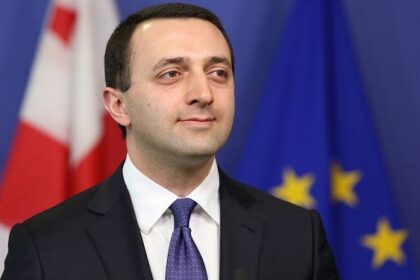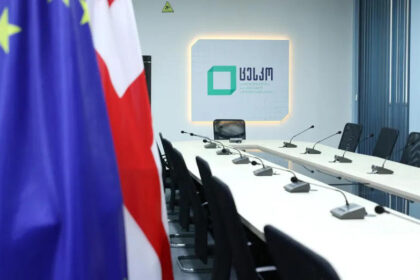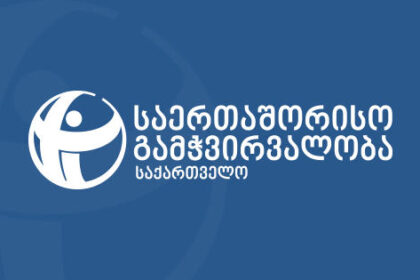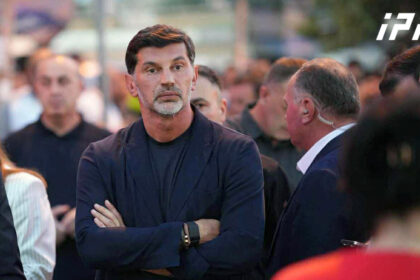**Georgian Parliament Speaker Slams “Hate Campaign” on Social Media**
The Speaker of the Georgian Parliament, Shalva Papuashvili, has hit out at what he calls a “hate campaign” on social media in Georgia. In a statement to journalists, Papuashvili accused people using social networks to spread hatred against the ruling party, Georgian Dream, of being emotionally damaged and used from outside to sow discord.
According to Papuashvili, these individuals are being funded, supported, and encouraged by external forces to continue their hate campaign. He compared them to vulnerable people who need anger management therapy, suggesting that they are being manipulated for a larger agenda.
“This is not just about the posts on social media,” Papuashvili said. “It’s about a unified campaign financed and imported from outside. The people against whom complaints are made are only instruments and executors.”
Papuashvili also criticized international officials, including the European Commission and US ambassadors, for not condemning hate incidents in Georgia strongly enough. He suggested that they were more interested in supporting those who spread hatred than in promoting peace and stability.
“It’s time to stop the language of hatred imported from outside,” Papuashvili urged. “Let’s focus on building a positive and inclusive society where people can disagree without resorting to hate speech.”
**The Deeper Analysis**
This statement by Papuashvili highlights the complexities of social media in Georgia and its role in shaping public discourse. The use of social networks to spread hatred and negativity is not just a Georgian phenomenon, but a global issue.
What’s striking about Papuashvili’s comments is his willingness to acknowledge that there are people on both sides who are emotionally damaged and vulnerable to manipulation. This nuanced approach recognizes that hate speech is often the result of external influences rather than genuine public opinion.
However, it also raises questions about accountability and responsibility. If external forces are indeed funding and supporting a hate campaign in Georgia, what role should international officials play in condemning this behavior?
As Papuashvili noted, the lack of strong condemnation from European officials has been striking. While they have expressed solidarity with those who spread hatred, they have not condemned the attacks themselves. This silence can be seen as implicit support for a hate campaign that is imported from outside.
In conclusion, Papuashvili’s statement highlights the need for a more inclusive and positive approach to public discourse in Georgia. It also underscores the importance of international officials taking a firmer stance against hate speech and promoting peace and stability in the region.
Read More @ www.interpressnews.ge




